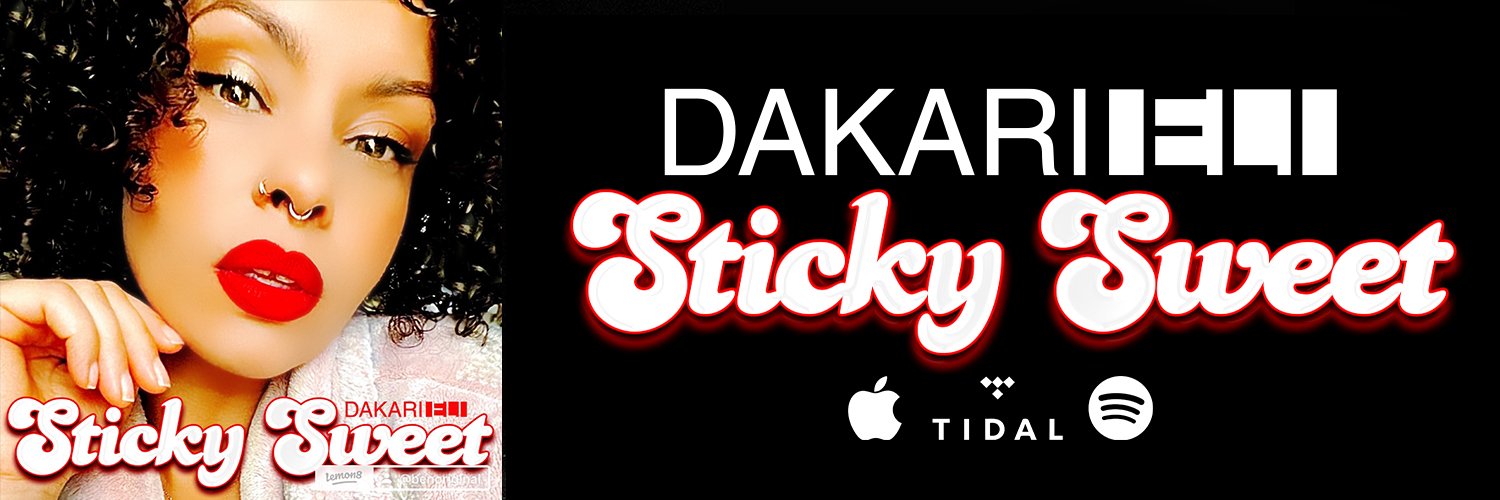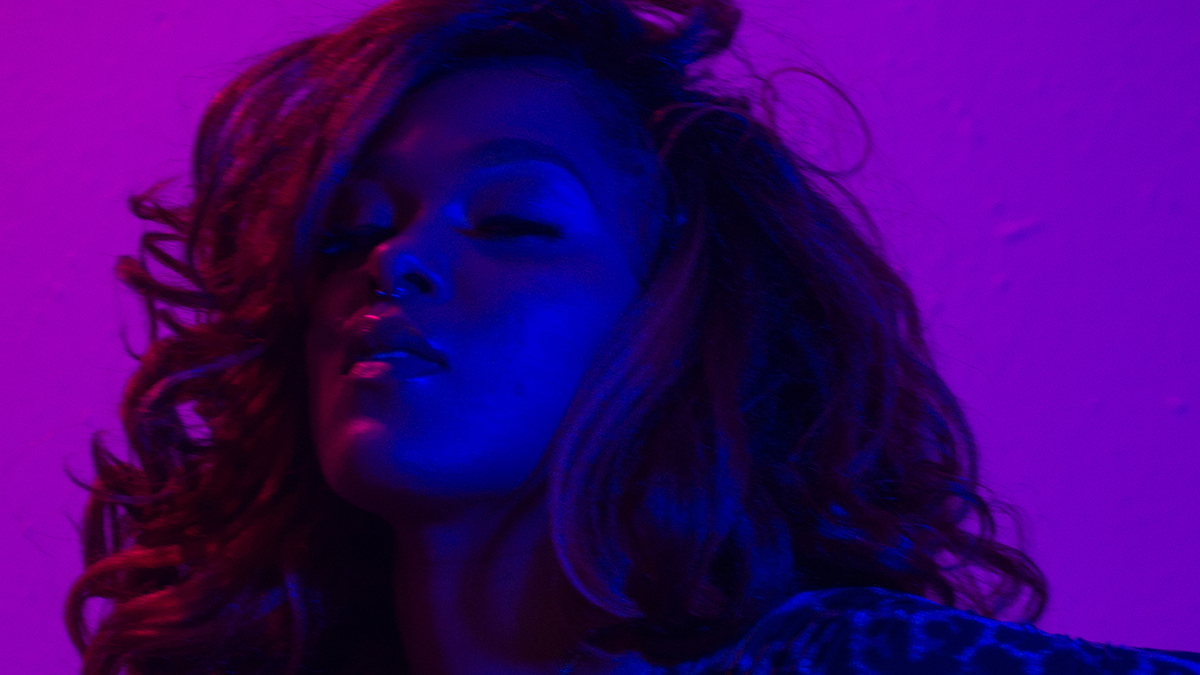Luna Lotuslove is one of the most organically soulful artists in the game. Her love for the culture and the people who breathe life into it runs deep to her core and manifests outwardly in beautiful artistry.
You have chosen to take an intriguing approach to fusing music and culture. When did you discover your own unique approach to art?
In the beginning stages when I was in high school, my twin sister and I, who I’ve been singing and songwriting with since adolescence, began developing our artistry through culturally enriched spaces such as community festivals and open mics. This phase of our development was crucial because our lifestyle that influenced our art. The transformations that we were experiencing at this time laid the foundation for the type of music that we began to create. We started exploring ancient Kemet, Eastern philosophies, and metaphysical sciences. We dove deeply into meditation, cut the relaxer out of our hair/went natural and adopted a vegan diet. The music we created at this time was very inspirational, almost utopian.
Years later, after starting a family of my own, sis and I individually took steps to develop our own sound. In 2020 I released my first solo EP, but it was in 2019 that I discovered the possibilities of using my music to create worlds through installation work. This was a huge leap forward in the development of my creative visioning and collaborative works with artists of other mediums… I wish to continue building upon the idea that my music can be released in the worlds that I create for it. I have merged music, film, photography, and I’m not done. I’d love to collaborate with dance, art and am presently researching the intersection of new tech with art and sound. I’m just getting started.
Share with our readership some of the artists who have inspired or influenced you.
My musical inspiration is all over the place. I absolutely adore the nuanced vocal stylings of great master songstresses like Ella Fitzgerald, Sarah Vaughn, and Abbey Lincoln. These types of crooners had such a classic swag. I also love artists like Fela Kuti, Nina Simone and Bob Marly. Their genres are all completely different but the way in which they used their music as a socio-political platform is boss level. I love Mary J Blige for so many reasons, but mainly because she has masterfully integrated genres to create her own. I’ve always loved Erica Badu as well. I can listen to Prince, Aretha (Franklin), Stevie (Wonder), and Chaka (Khan) any day of the week and as a curve ball, I’ve recently been listening again to a popular Alanis Morrisette song.
How would you describe your overall sound?
I would say that my sound is sensual and spiritual. I named my EP “The Mirror Is Me” because I truly believe that every experience, every relationship, etc., that we find ourselves in is a manifestation and reflection of how we see ourselves. Inside out, not outside in. So, my music could be seen primarily as love songs, but it’s the type of love journey that ultimately leads to a heighted, elevated love of self. In this way, it feels revolutionary, an act of ritual. Musically you hear my gospel background through vocal runs and riffs, on top of jazz and bluesy chords. I’m also a hip-hop kid so balancing rich chord progressions with hard, trap beats has become a thing. Overall, it feels sensual and alluring with just the right balance of grit and depth.
What are your thoughts on today’s R&B and soul?
Today’s R&B is interesting. Every so many years there’s seemingly a shift in which artist types in a genre become palatable for mass consumption. For example, right now there’s a couple types of R&B vocal stylings that pretty much every new artist is doing right now. As a vocalist and songwriter, I’m paying attention to vocal, melodic, rhythmic and instrumentation trends in a similar way that fashionistas keep up with fashion. I’m paying attention to how singers approach the delivery of the story, and the present way of singing has become very breathy and airy toned. You don’t really hear today’s artist doing a lot of full, chest-register belting. People may not give her this credit, but I’m convinced that Jhene Aiko was really a huge part of this stylistic shift, where vocalists heavily use this airy tone approach. Another trendsetter is Drake. I won’t say he was the first to ever do it, but he dramatically influenced the fusion of Hip Hop and R&B in a way that exponentially affected the industry’s categorization of the whole genre. Do rappers really rap anymore?
On another note, I must also say that I’m not a fan of the attempt to gentrify R&B/Soul. Artists like Bruno Mars are able to cross over the color lines of Urban charts over to Pop for no other reason than his racial ambiguity and the comfortability this presents to white audiences. This is no personal offense to him, but rather an opportunity to reflect on the systems and industries that still monopolize on segments of Black culture, such as R&B/Soul music without honoring the truest influencers and creators of the craft. His talent is not a question, but the measure and influence of his success is? Why have the artists, who you can clearly acknowledge his influence from, not achieved similar success? And would he be as successful if he were Black?
You continue to carve your own lane, have you ever felt pressure to take a more conventional approach?
No, not really. I don’t think there was ever really a time when being an independent artist wasn’t a goal. Maybe in the early 2000’s when the neo-soul movement was fresh, I saw the benefit of seeking a smaller subsidiary or boutique label experience, but this may or may not be your definition of conventional. Actually, the range of what conventional even means has completely evolved over the last 20 years. Does conventional even exist anymore?
Describe some of the challenges you have faced as an independent artist?
As much as I rally for being an independent artist, it is not an easy path. You actually have to be a little crazy to stay the course. Most of my challenges have come trying to balance my creative goals with motherhood and working a job. Once children are introduced to your equation, it’s super easy to just shift into the mindset that it’s not possible to live a creative life.
Another real challenge I face is keeping up with all the new apps and sources of audience engagement. I understand branding and marketing, and as an independent artist you really have to create a solid presence and work it. But for someone like me, there are times that I literally have to unplug from the vibration of all these devices and the delusional worlds they present in order to simply stay well.
If there was one song that best illustrates your artistic vision, which one would it be and why?
Does this mean my own song? If so, I’d have to say to date, it would be “Way Up.” The execution for the release of this song grew my creative professional skill set and evolved my event production into full-on installation art as a type of engagement marketing. These spaces are multifaceted for me, giving a platform not just to performance, but also creative collaboration (with artists of other mediums to tell the story), and community programming.
Although I’ve been playing the piano and writing for many years, “Way Up” was the first song that I actively started to move forward as a producer. My production only grew from there with the other songs on my EP.
What advice would you offer other indie female acts aspiring to find their way in this industry?
Gratitude and humility are door openers —period. Give credit where it’s due. Especially to other creatives. Especially to other women creatives…The sister circle extends beyond the retreat space. Look out for your fellow women creatives, and when the opportunity presents itself employ them in spaces that are predominantly male…












